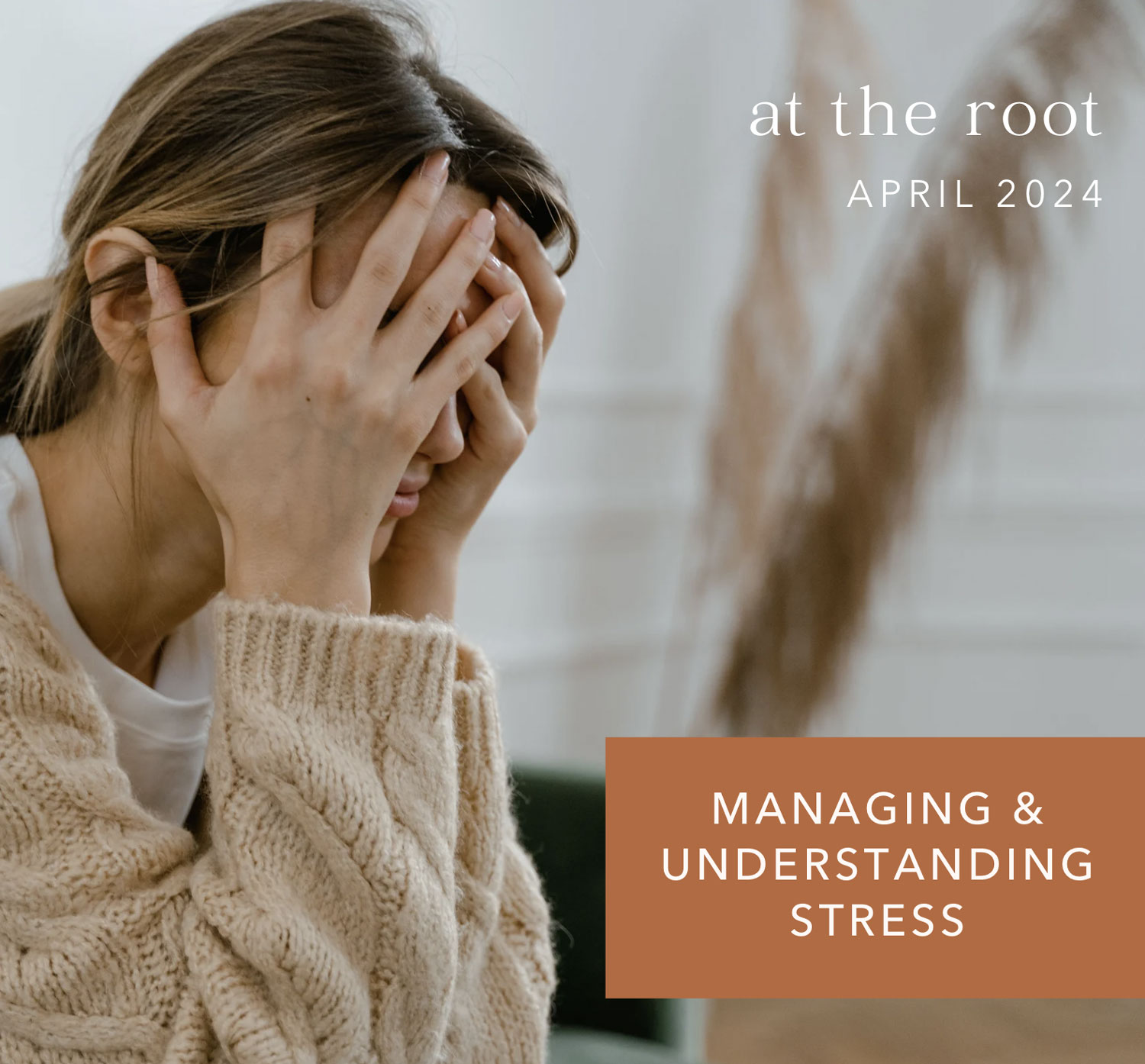
In the modern world, stress is an almost unavoidable part of life, triggered by various demands such as work, school, and major life changes. While not all stress causes harm, chronic stress, especially the kind experienced consistently, can lead to serious health consequences.
The body's response to stress involves the release of hormones, primarily cortisol, which prepares the body for the "fight or flight" response. However, prolonged exposure to high cortisol levels can result in health issues like high blood pressure, heart disease, inflammatory conditions, autoimmune diseases, chronic pain, fertility problems, and compromised immune function. Recognizing and addressing routine stress is crucial, because it may show up in ways that seem normal to your everyday living.
common signs you’re living with too much stress
Stress is a natural part of life, but when it becomes unrelenting, it can lead to various physical, emotional, and cognitive issues. Identifying signs that indicate excessive stress is crucial for maintaining overall well-being.

Some common signs include headaches, increased thirst, frequent illnesses, chronic pain, skin issues, sleep disturbances, exhaustion, appetite and weight changes, digestive problems, hair loss, memory and concentration difficulties, and mood swings or anxiety.
lifestyle changes to help with stress
1. Change Your Relationship with Stress: Altering emotional responses to stressful situations can minimize effects. Therapeutic approaches like Cognitive Behavioral Therapy or talk therapy can be beneficial.
2. Prioritize Relaxation: Incorporate meditation or moments of observation and gratitude into daily routines.

3. Regular Massages: Consistent massages improve mood, combat stress, and alleviate muscle tension and chronic pain.
4. Saying "No" is Okay: Manage life's demands by setting realistic boundaries and not overcommitting.
5. Hydrate: Combat dehydration by drinking water, mineral water, herbal teas, and consuming water-rich foods.

6. Exercise: Non-competitive exercise, including aerobic activities and mindful movements like yoga, helps release endorphins.
7. Maintain a Healthy Diet: Consume a clean, plant-rich diet with stress-regulating foods such as salmon, olive oil, avocado, nuts, leafy greens, and B vitamin sources.
8. Consider Supplements: Multivitamins, vitamin C, B vitamins, and adaptogenic herbs like Rhodiola and Ashwagandha can replenish nutrient stores depleted by stress.
9. Reduce Alcohol and Sugar: Limiting alcohol and sugar intake helps avoid exacerbating stress-related impacts.
10. Essential Oils: Aromatherapy using essential oils can alter brain waves, reduce stress perception, and decrease cortisol levels.
11. Sleep: Maintain a consistent sleep schedule and adopt good sleep habits.
12. Try Acupuncture: Traditionally known for pain relief, it also proves beneficial for stress relief. By addressing imbalances and blockages in the body, acupuncture helps alleviate stress symptoms like headaches, backaches, and neck pain.

The biological mechanism involves the release of endorphins, the body's "feel good" hormones, promoting relaxation and contentment. Chronic stress, can be effectively managed through regular acupuncture sessions, allowing the body's energy to move freely and maintaining overall health and well-being.


